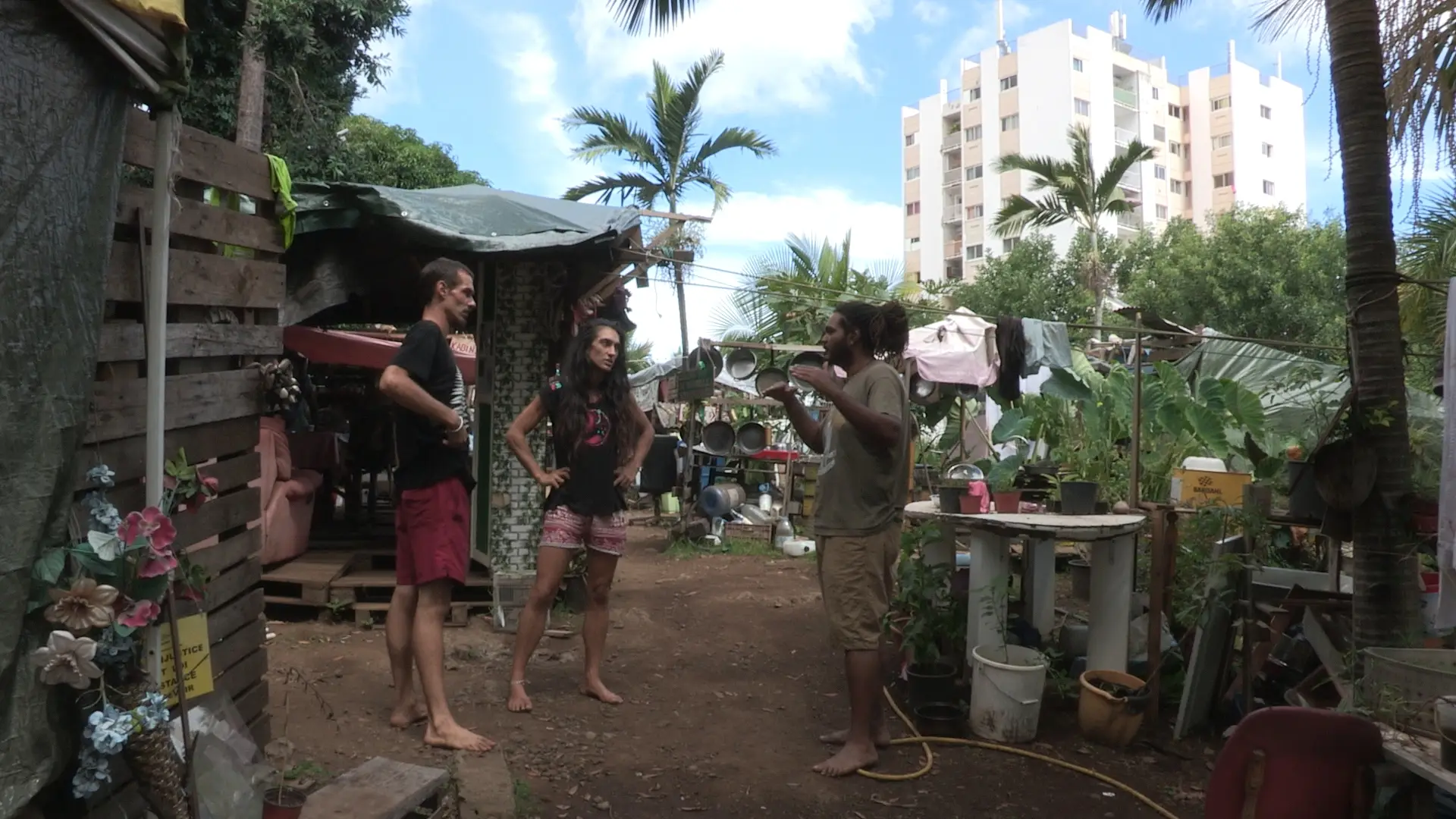Conceptualized in the early 1990s by Robert and Diane Gilman, two sustainability thinkers, the term “ecovillage” gained prominence during the Rio Summit in 1992. It subsequently became popularized, eventually being imported to France with the concept of “Oasis,” championed by the Colibris movement. These alternative communities have continued to grow and now form a vast network.
An ecological struggle
By adopting environmentally responsible lifestyles and promoting sustainable practices, ecovillages actively engage in the fight against climate change, deforestation, pollution, and other forms of environmental destruction. As living laboratories of alternative solutions, ecovillages concretely demonstrate that another world is possible.
Ecovillages encourage a form of active citizenship, where members are invited to participate in decisions that affect the collective as a whole. Through participatory decision-making processes, ecovillages foster local autonomy and governance based on direct democracy. By rejecting excessive consumption patterns and centralized systems, ecovillages promote a vision of citizenship based on responsibility, solidarity, and collective resilience in a context of unprecedented global change.
The "QG Zazalé" project in Réunion
The ecovillage project carried by the QG Zazalé is based on four major axes, at the center of which lies the human dimension – domoun – It involves sobat (activism) – kozé (direct democracy) – bitasyon (food self-sufficiency) – la kiltir (the promotion and transmission of Réunionese Creole culture and language). It also focuses on solidarity and mutual aid among individuals.
Ce projet s’inspire du modèle de la société traditionnelle réunionnaise qu’a fait éclater l’émergence d’une société d’hyperconsommation qui exacerbe les inégalités sociales. C’est donc un projet à l’échelle de La Réunion pour conquérir la souveraineté de ce territoire.

